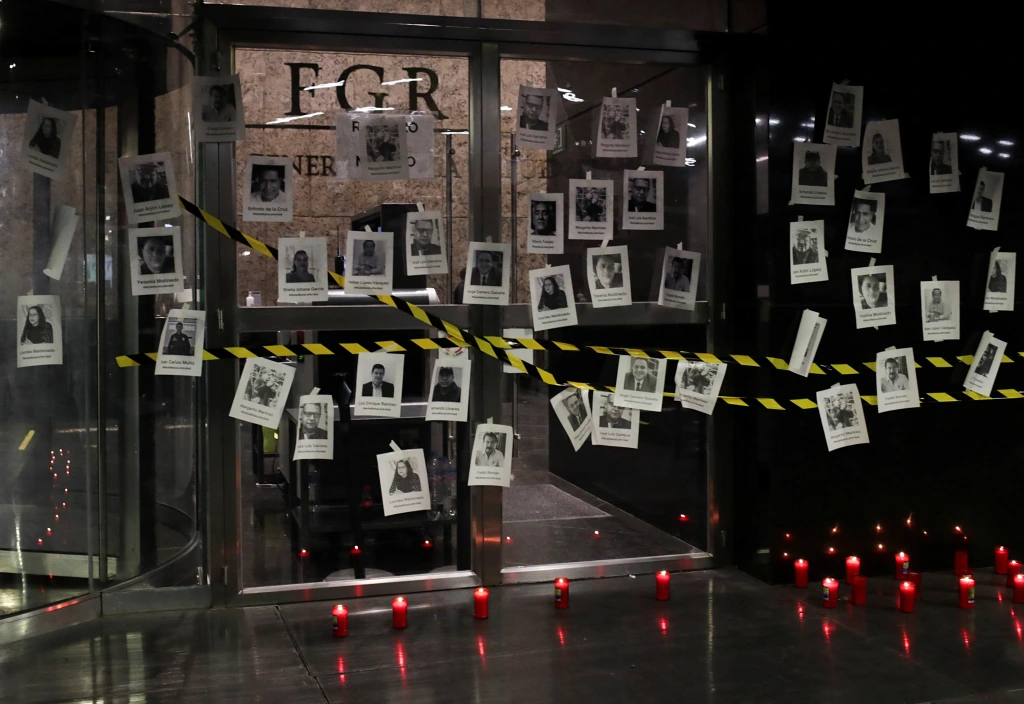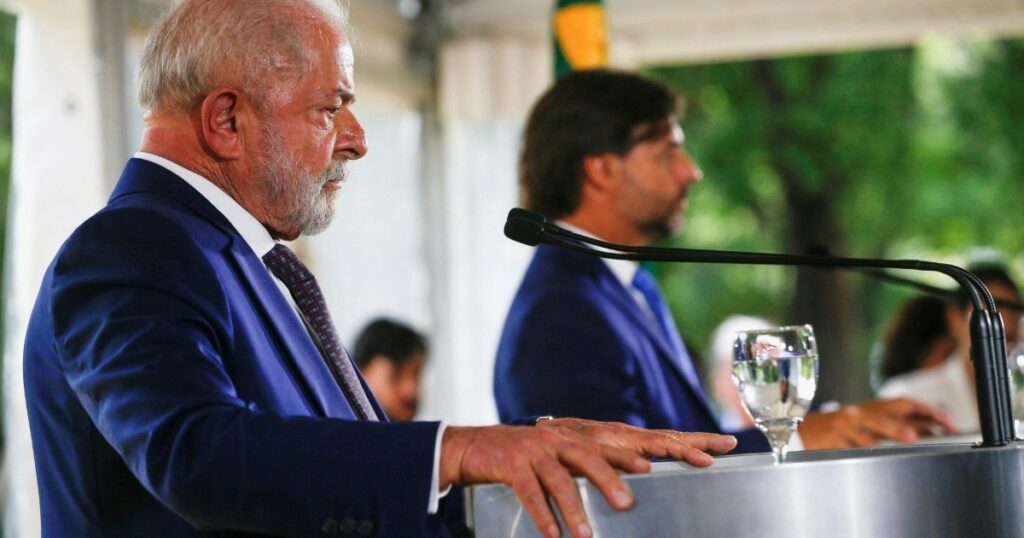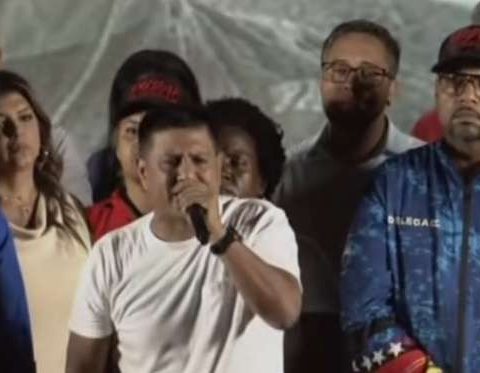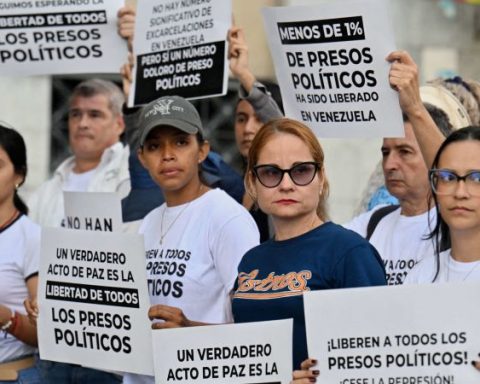The annual report of the Committee to Protect Journalists (CPJ), reports a total of 67 journalists killed in 2022, 30 of them registered in Latin America, which makes the region the “most lethal » for the press. The total number of deaths rose by almost 50% compared to 2021 and the highest number in the last five years.
In Mexico and Haiti, reporters have been brutally killed for their work, and the vast majority of the perpetrators have not been held to account. Mexico continues to appear in CPJ’s Global Impunity Index, which highlights countries where murderers of journalists get away with murder,” the organization’s report said.
CPJ notes that despite countries in Latin America being “nominally at peace,” the region has surpassed the large number of journalists killed in Russia’s war against Ukraine, now numbering 15.
Statistics of journalists killed around the world point to a “precipitous decline in press freedom” with the highest number of journalist murders since 2018, CPJ President Jodie Ginsberg said.
Related news: Independent journalists who remain in Nicaragua live in hiding
“Covering politics, crime, and corruption can be as deadly as or more deadly than covering full-scale war. Meanwhile, governments continue to jail record numbers of journalists and fail to address the spiral of violence and culture of impunity that have silenced entire communities around the world,” he said.
CPJ confirmed that 41 of the journalists were killed in direct relation to their work as communication professionals and is investigating the motives that led to the deaths of another 26 journalists. “The vast majority of those killed were local journalists covering their own communities,” he explains.
“Across Latin America, journalists covering crime, corruption, gang violence, and the environment were found to be most at risk. In Mexico, CPJ documented a total of 13 journalists killed, the highest number in a single year in that country,” he adds.
CPJ stresses that impunity for murders of journalists persists around the world. Also, it discovered that the existing mechanisms to protect the safety of journalists do not protect the press. “State and federal protections and laws that specifically address the protection of journalists continue to prove ineffective in keeping journalists safe,” he stated.
“Few governments have mechanisms to protect journalists and those that do exist are failing to deliver on their promise… Governments must provide protection, credible investigations and justice. Failure to do so maps a dangerous path to information black holes and public insecurity,” Ginsberg concluded.

















